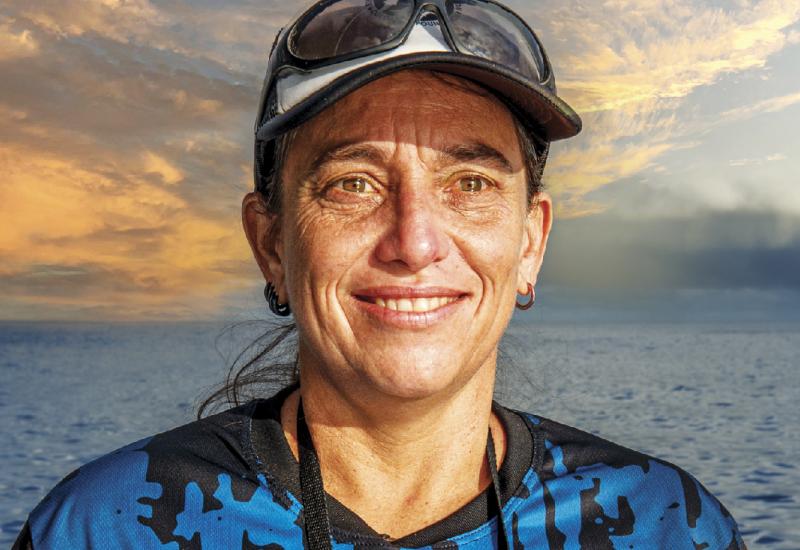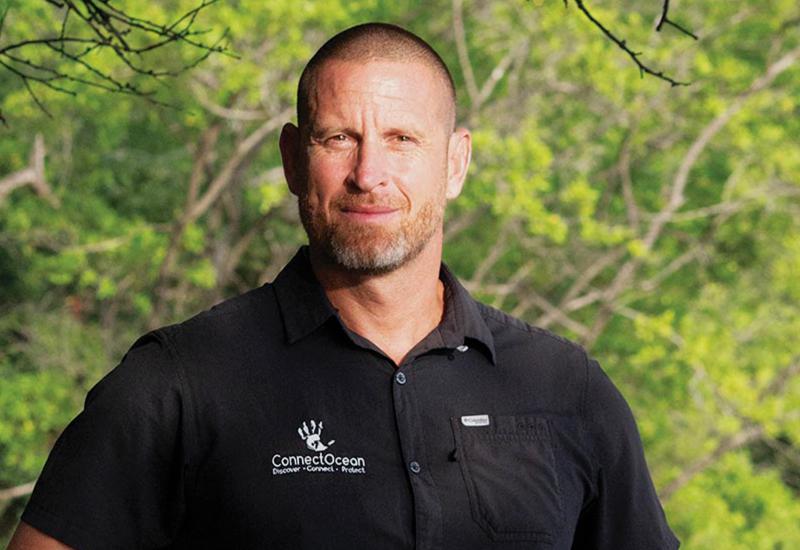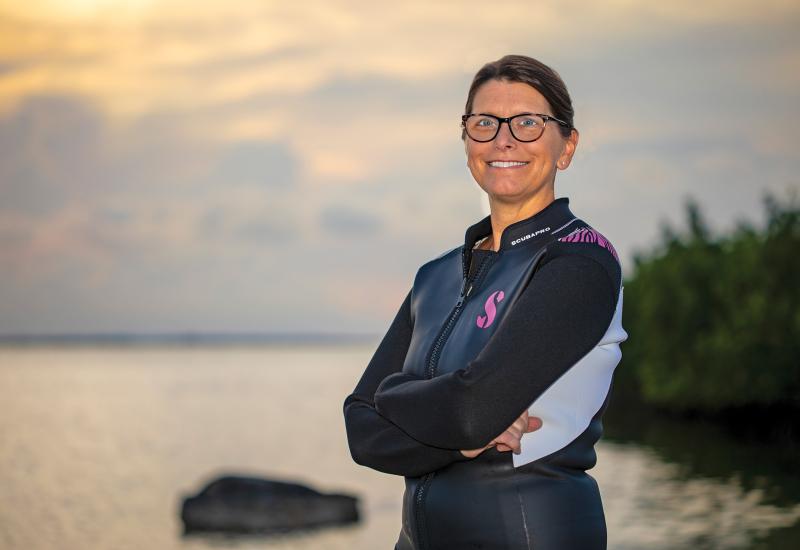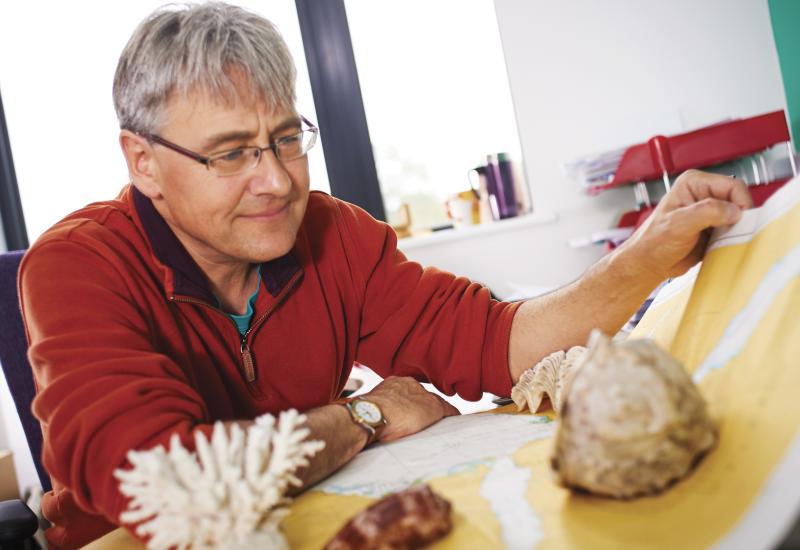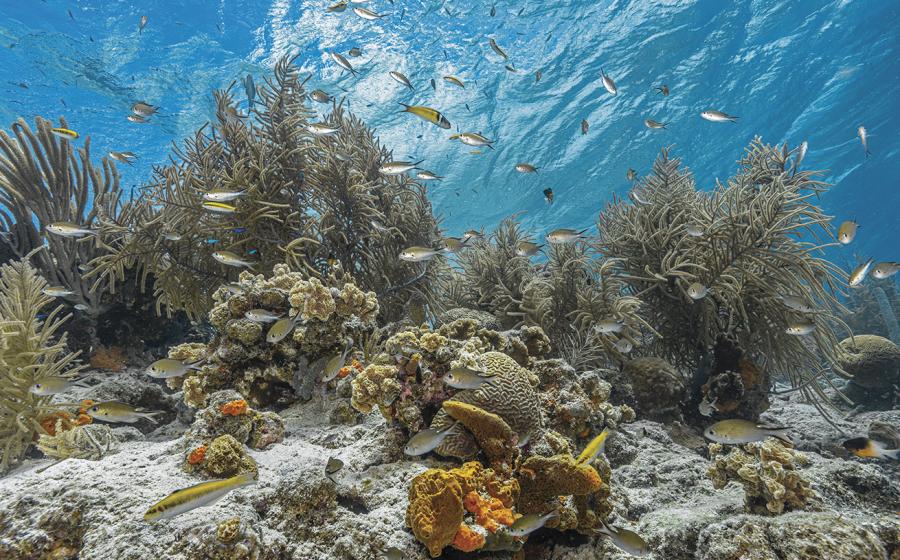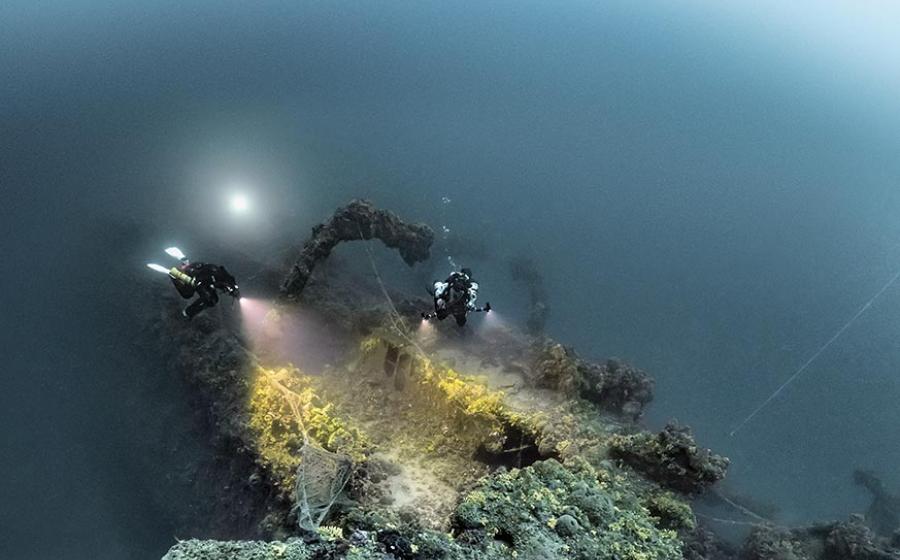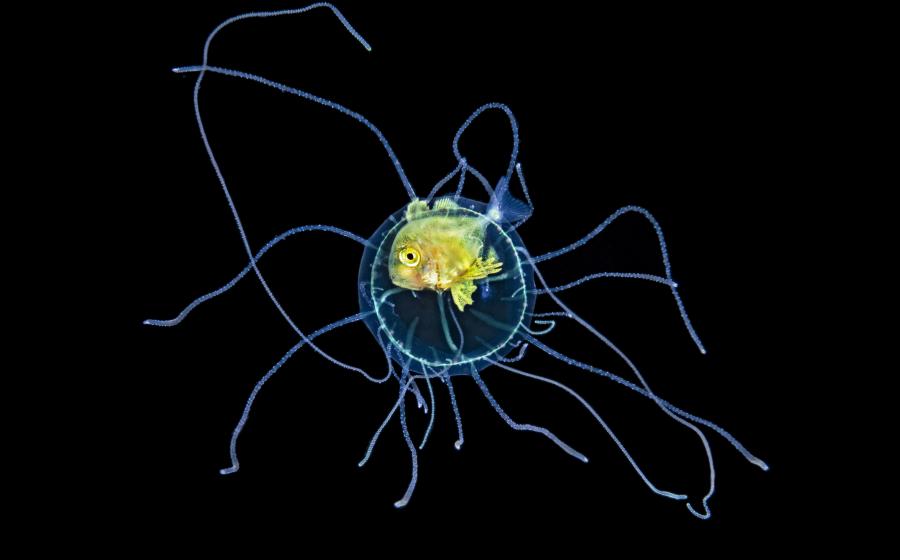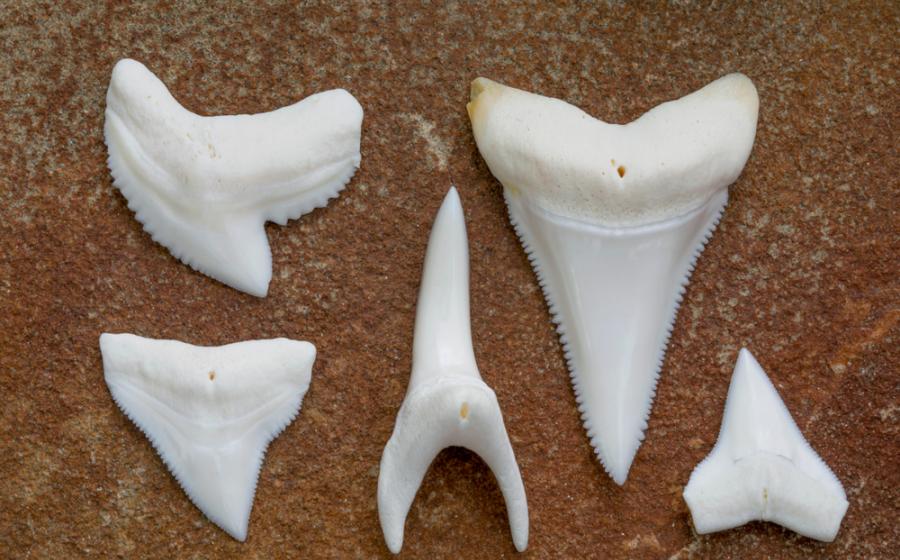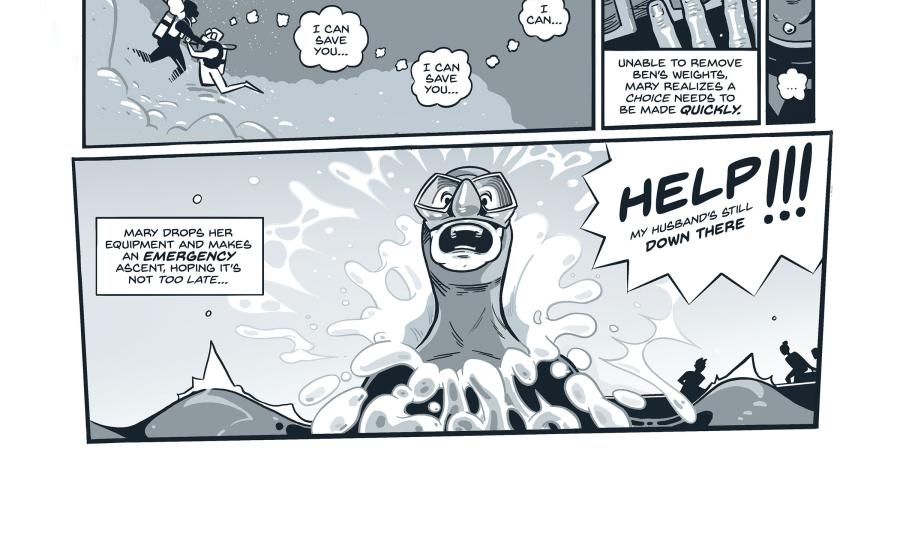Coral Scientist Wilfredo “Al” Licuanan Named June Sea Hero

Claude EvangelistaPortrait of Dr. Licuanan
Wilfredo “AL” Licuanan
Year Dive Certified: 1984
Dive Certification Level: Open Water Diver
Expertise: Coral reef ecology
University professor, coral researcher and founding director of the Br. Alfred Shields Ocean Research Center at De La Salle University in the Philippines, Wilfredo “Al” Licuanan has dedicated more than 25 years to surveying and monitoring coral reefs. He only learned to swim after being admitted to a marine science program, but now spends his time researching and advocating for reefs while engaging students and the local people in the Philippines.
Q: How did you get your local reef designated as a Hope Spot?
A: My co-champion, Terrence Gosliner of the California Academy of Sciences, and I got the Verde Island Passage (VIP) designated as a Mission Blue Hope Spot (an area deserving of special protection)by using the Alwan citizen science methods to highlight the outstanding biodiversity of its coral reefs.
The Alwan methods include a set of procedures for identifying select fish and invertebrates, which includes a randomization process to ensure there is no bias as to what part of the reef is photographed. These methods were codeveloped with researchers, NGOs, freediving instructors and local communities.
Related Reading: Jessica Pate Awarded May Sea Hero for Manta Ray Conservation
Q: How do you work with your local community to protect their environment?
A: We work with the local coastal communities to monitor the reefs using either scuba methods or freediving with an action camera to take standardized images of the reef with a monopod made from PVC pipes. Counts of corals and other reef-bottom organisms are then made from these images in a public setting to allow other community members to be part of the monitoring effort. Data from these images and counts of butterflyfishes, giant clams, sea stars and feather stars are then compiled into a score card for the reef surveyed.

Claude EvangelistaDr. Licuanan completes a reef survey on scuba using the Alwan citizen science methods to assess reef health and composition.
We also have the Coastal Scouts and Coastal Scout Auxiliary programs focused on grade school and high school students. These programs encourage appreciation of marine organisms and the mangrove, seagrass and coral reef habitats in which these organisms live through extracurricular activities. The Coastal Scouts program is intended for rural fishing communities, while the Coastal Scout Auxiliary is for students in urban schools. Both culminate in training on the Alwan methods.
Related Reading: Ocean Explorer Liz Taylor Named March Sea Hero
Q: What are you doing to create a reef monitoring system in your area?
A: Most of our efforts seek to convince municipal governments to incorporate citizen science methods for reef monitoring in their operations, particularly for their local marine protected areas. Our team provides training and technical support (site selection advice, data processing and interpretation), and lends basic equipment to municipal governments.
We then archive the data and images collected to be used for broader aims—a nationwide effort to update information on the status of reefs in the Philippines in collaboration with the Department of Environment and Natural Resources and the Department of Agriculture’s Bureau of Fisheries and Aquatic Resources.

